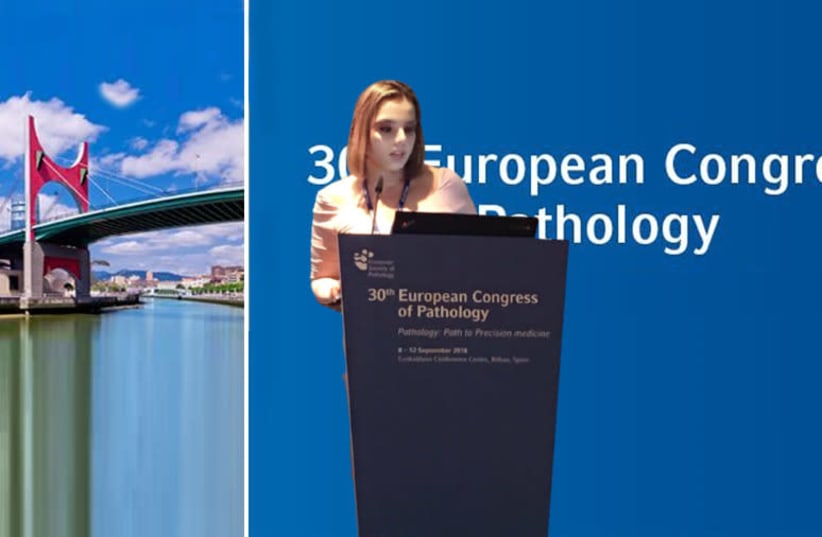Dr. Areej Khatib, trailblazer in health leadership for Palestinian women
"Scientists in Palestine are not very lucky. As I told you, the system, the leadership, the atmosphere does not really give you the motivation and the means to do what you know very well to do."
